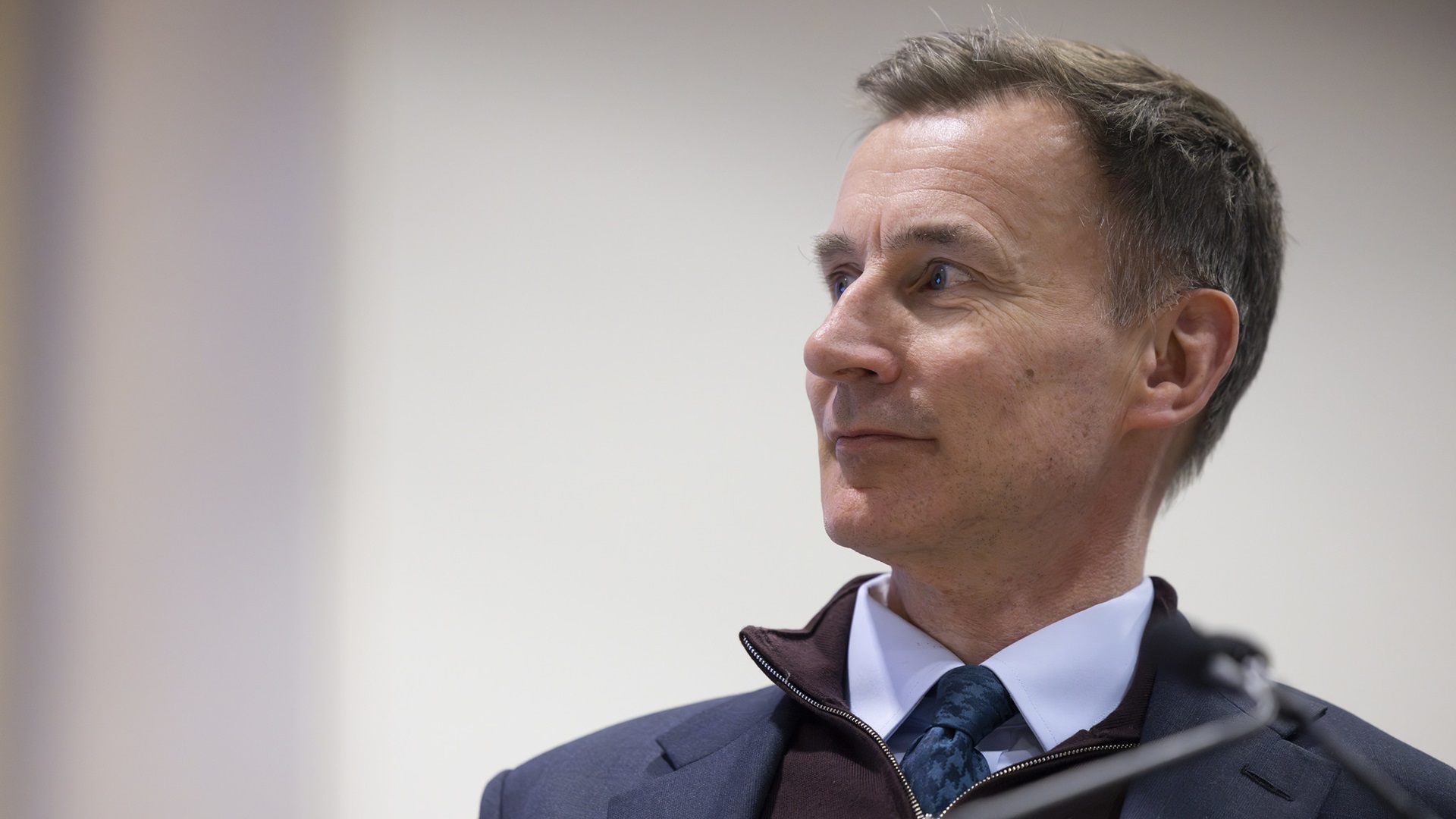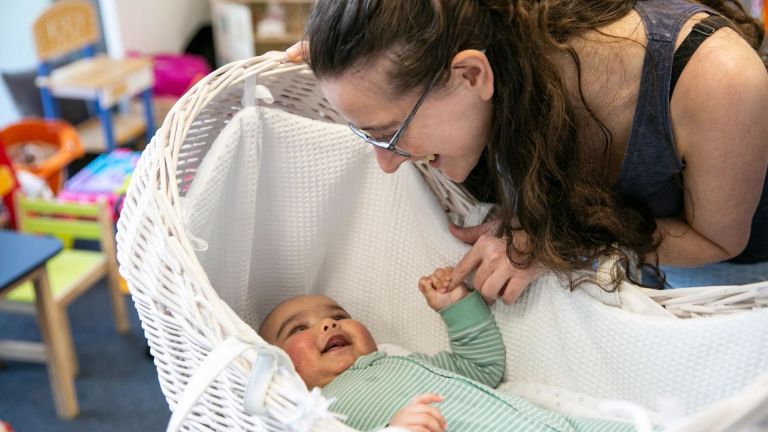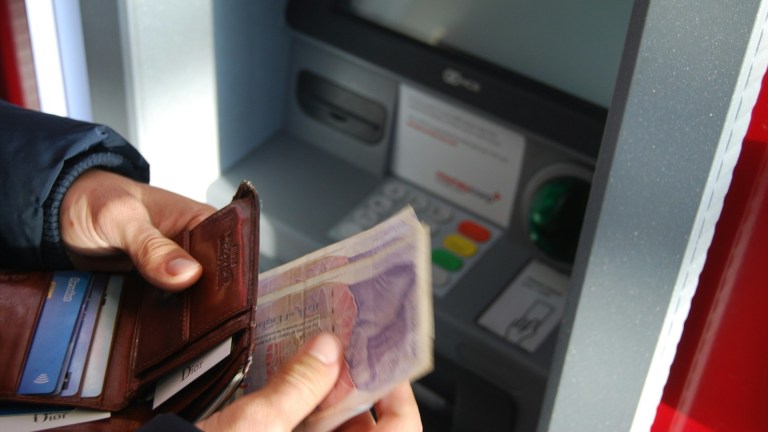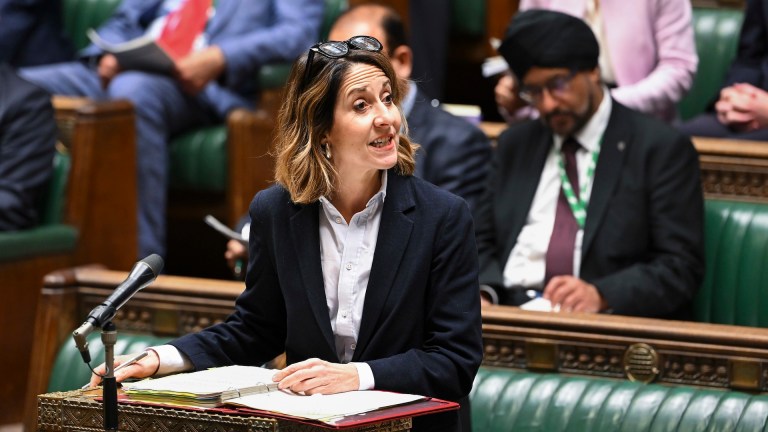“We’re nearly a percentage point lower than where the Office for Budget Responsibility predicted it would be only in the Autumn Statement in November. So we have a plan, we have taken very difficult decisions to bring inflation down and that plan is working. And what today shows is we need to stick to that plan and then we will succeed.”
Shadow chancellor Rachel Reeves said the news that inflation was back on the rise was “bad news for the families” and pinned blame on the government.
“Prices are still rising in the shops, with the average weekly shop £110 more than it was before the last general election, and the average family set to be £1,200 worse off under Rishi Sunak’s tax plan,” said Reeves.
“Britain cannot afford another five years of economic failure. Only Labour can deliver the change Britain needs and make working people better off.”
Families are still likely to feel inflation hitting them in the pocket when it comes to food.
Food price inflation is at 8% and Joseph Rowntree Foundation senior economist Rachelle Earwaker said around 6.6 million low-income families reported not having enough money for either food or heating their home last year.
“As winter sets in, now is a bad time for progress on inflation to stall. Inflation remains at double the Bank of England’s target, and the price of essentials like fuel and food are much higher than they were, with food inflation falling but still running high at 8%,” said Earwalker.
“Anyone who needs to use their heating to stave off freezing temperatures this week can expect to pay over 80% more than what they did three years ago.
“Price rises have outstripped increases in benefits which won’t increase again until April, and, even then, won’t make up the difference. It’s not right that our social security system, which is meant to protect all of us when we fall on hard times, doesn’t give families enough to afford the essentials.
“All political parties must commit to introducing an ‘Essentials Guarantee’ to universal credit to ensure everyone has a protected minimum amount of support to afford the essentials.”
The Bank of England has raised interest rates to 5.25% in recent months to combat surging inflation.
Carsten Jung, senior economist at IPPR, said inflation is still falling at a faster rate than market predictions a month ago due to global supply chains recovering and energy costs falling.
Jung added he expected the central bank to be slow to cut interest rates.
“We have long been arguing that there was too little focus on this and too much attention on wage earners. As a result, the Bank of England tightened the screws too much. Similar to the US central bank, we will likely see a slow reversal of its policy stance towards cutting rates sooner this year,” said Jung.
“But even as prices are rising less quickly, we need to do more to address the fallout from past price jumps. The cost of food remains high and benefits are not sufficiently keeping up with the higher cost of living. Businesses should be urged to do more to actively bring prices and profits down.”
Do you have a story to tell or opinions to share about this? We want to hear from you. Get in touch and tell us more.









